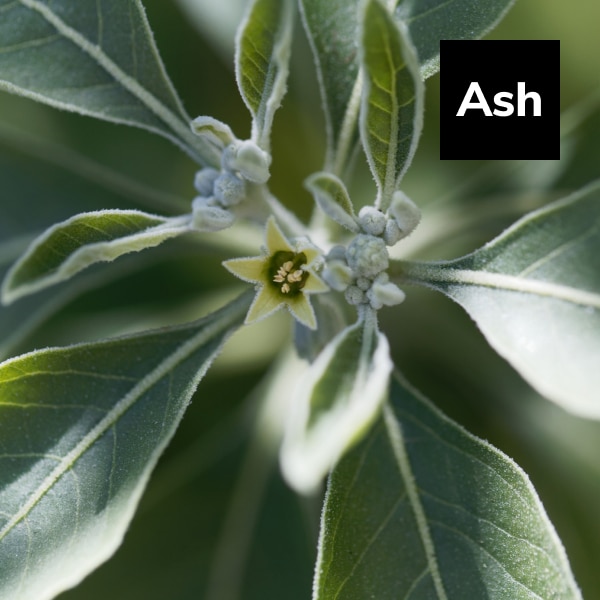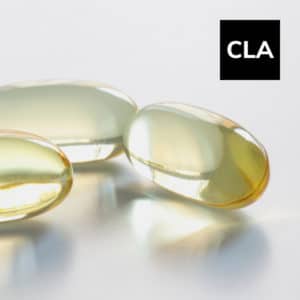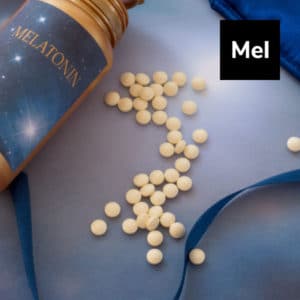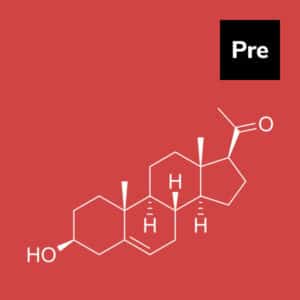Overview
Ashwagandha (W. somnifera) is an Ayurvedic herb that is also known as “Indian ginseng” or “Winter Cherry.” It is an adaptogen, which means that it improves resistance and resilience to stress, allowing the body to adapt and prevent collapse.
Adaptogens function by assisting the adrenal glands (the tiny glands located on top of the kidneys) in assisting your body in responding to, coping with, and surviving stress. Ashwagandha is used as a health supplement to boost overall energy and vigor, as well as to increase mental alertness.
Furthermore, ashwagandha has a positive effect on the central nervous system (CNS), particularly the brain. It is occasionally used for the treatment of sleeplessness, impaired memory, and mood disorders caused by stress, tiredness, and depression.
Key Benefits
- Supports energy levels
- Enhances immunity
- Aids the body in coping with stress and anxiety
- Aids in endurance and strength May help support hypothyroidism*
- May have positive effects on brain disorders
- Supports healthy aging and memory
- Supports normal cortisol, body weight, and body mass index
- Aids in the maintenance of sexual performance in men and women
History of Usage
Ashwagandha is an essential medicinal herb that has been used for over 4,000 years in Ayurvedic and indigenous medicine.
Ashwagandha is known as Balya (increases strength), Brusya (sexual performance enhancer), vajikari (spermatogenic), Kamarupini (libido-enhancing), and Pustida in the Charaka Samhita and other ancient literature (nourishing). It is now used to counteract the effects of stress, improve sleep, promote a healthy inflammatory response, promote healthy aging, and as a tonic for general vigor and well-being.
Biochemistry
Phytochemical investigations on the plant’s roots have revealed the existence of significant chemical components such as withanolides, alkaloids, and sitoindosides.
It also contains the following phytoconstituents that have been discovered as neuroprotective: sitoindosides VII-X, withaferin A, withanosides IV, withanols, withanolide A, withanolide B, anaferine, beta-sitosterol, and withanolide D.
Ashwagandha has been shown in studies to have anti-inflammatory, anti-cancer, anti-stress, antioxidant, immunomodulatory, hemopoietic, and rejuvenating effects. It also appears to have a beneficial effect on the endocrine, cardiovascular, and neurological systems.
These characteristics’ methods of action are not well known. Toxicity tests show that ashwagandha is a relatively safe substance.
Recent Trends
Some research and clinical trials have demonstrated that ashwagandha is an excellent complement to any nutraceutical supplement or holistic program.
W. Herbal formulations based on somnifera have been marketed in the form of a supplement, extract, pill, powder, and so on. Ashwagandha products are gradually making their way into the natural goods market for a variety of compelling reasons, including expanding public interest in Ayurveda, broad consumer knowledge, and increased demand for stress-relieving therapies.
Supplements are an efficient delivery mechanism for capturing the botanical’s potential advantages; ashwagandha is a very simple component to manufacture using.
Powders, pills, and soft gels, to mention a few, that are free-flowing or encapsulated, may all accept the plant with minimum worry about disagreeable tastes or shelf-life concerns. Some individuals even drink it as a tea infused with Ashwagandha extracts.
Regardless of the variation, ashwagandha sales are on the rise. According to SPINS statistics, there was a 3,995 percent rise in ashwagandha sales in the mainstream sleep-support supplement category in the United States (SPINS data based on the 52 weeks ending November 29, 2020).
Ashwagandha has even outpaced 5-HTP, a well-known sleep aid component, by more than $2 million dollars. The total amount of ashwagandha products sold in the United States in 2020 was $59.8 million, representing a 102 percent rise in sales across all-natural product categories.
According to SPINS 2020, ashwagandha supplement sales have increased by 201 percent.
Precautions:
- Do not use Ashwagandha if you are pregnant or breastfeeding, or if you take thyroid medications, as it may raise thyroid activity*
- Stop taking at least 2 weeks before surgery, as ashwagandha may slow the central nervous system and enhance the effects of anesthesia.
- When used with sedative medicines, ashwagandha may produce excessive drowsiness.
- Ashwagandha’s long-term safety is unknown.
- Ashwagandha at high dosages might induce stomach discomfort, diarrhea, and vomiting
References
- Sharma AK, Basu I, Singh S. Efficacy and Safety of Ashwagandha Root Extract in Subclinical Hypothyroid Patients: A Double-Blind, Randomized Placebo-Controlled Trial. J Altern Complement Med. 2018 Mar;24(3):243-248. doi: 10.1089/acm.2017.0183. Epub 2017 Aug 22. PMID: 28829155.
- Mishra LC, Singh BB, Dagenais S. Scientific basis for the therapeutic use of Withania somnifera (ashwagandha): a review. Altern Med Rev. 2000 Aug;5(4):334-46. PMID: 10956379.
- Zahiruddin S, Basist P, Parveen A, Parveen R, Khan W, Gaurav, Ahmad S. Ashwagandha in brain disorders: A review of recent developments. J Ethnopharmacol. 2020 Jul 15;257:112876. doi: 10.1016/j.jep.2020.112876. Epub 2020 Apr 16. PMID: 32305638.




